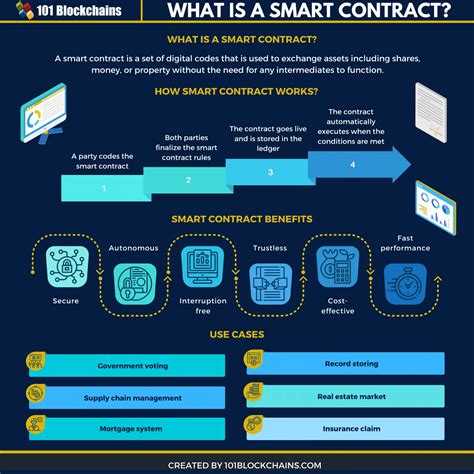03 Feb AI in the world of smart contracts: Trends and innovations
Artificial Intelligence (AI) is Revolutionizing the World of Smart Contracts
As the world continues to grapple with security, transparency, and trust issues in traditional financial systems, artificial intelligence (AI) is playing a pivotal role in shaping the future of smart contracts. Smart contracts, also known as self-executing contracts with rules that automatically execute specific actions when certain conditions are met, are gaining traction in various industries, including finance, logistics, and supply chain management.
What are smart contracts?
Smart contracts are digital contracts stored and executed on a blockchain network, enabling the automation of complex financial transactions. They allow multiple parties to agree on terms and conditions without the need for intermediaries, reducing errors, increasing efficiency, and improving transparency.
AI in Smart Contracts: Trends and Innovations
Artificial intelligence is increasingly being adopted in smart contract platforms, enabling them to improve their security, scalability, and performance. Here are some of the key trends and innovations driving the adoption of AI in smart contracts:
- Machine Learning (ML) for Security: Machine learning algorithms can be used to analyze large amounts of data from various sources, including transactions, contract patterns, and user behavior, to identify potential vulnerabilities and detect security threats.
- Natural Language Processing (NLP): NLP enables AI-powered smart contracts to understand complex language and negotiate terms with users in their native language, reducing the need for human intermediaries.
- Predictive Analytics: Predictive analytics can be used to forecast market trends, identify potential risks, and optimize contract execution, leading to increased efficiency and cost reduction.
- Edge Computing: Edge computing enables AI-based smart contracts to process transactions in real-time, reducing latency and improving overall performance.
- Blockchain-based Decision Making: Blockchain-based decision-making algorithms can be used to automate the negotiation of terms and conditions between parties, ensuring that all stakeholders are aware of their obligations.
Applications of AI in Smart Contracts
AI is being applied in various industries, including:
- Finance: Automated trading systems, risk management tools, and contract matching platforms are becoming increasingly popular.
- Supply Chain Management: AI-powered smart contracts can optimize inventory management, reduce storage costs, and improve supply chain efficiency.
- Energy Trading: AI-powered energy trading platforms can analyze market data, identify opportunities, and execute trades in real-time.
- Healthcare

: AI-powered smart contracts can enable automation of medical billing, claims processing, and insurance claims.
Challenges and Limitations
While AI is revolutionizing the world of smart contracts, there are also challenges and limitations to consider:
- Regulatory Frameworks
: Governments have yet to create regulatory frameworks that enable the widespread adoption of AI-powered smart contracts.
- Security Risks: The increasing complexity of smart contract platforms can lead to security risks, such as token theft or hacking.
- Interoperability: Smart contracts must be able to communicate with different blockchain networks and exchanges.
- User Adoption: Users may need training and education on how to use AI-powered smart contracts.
Conclusion
Artificial intelligence is transforming the world of smart contracts, enabling them to become more secure, efficient, and transparent. As AI continues to advance, it is likely that we will see even more innovative applications of this technology across various industries.


No Comments